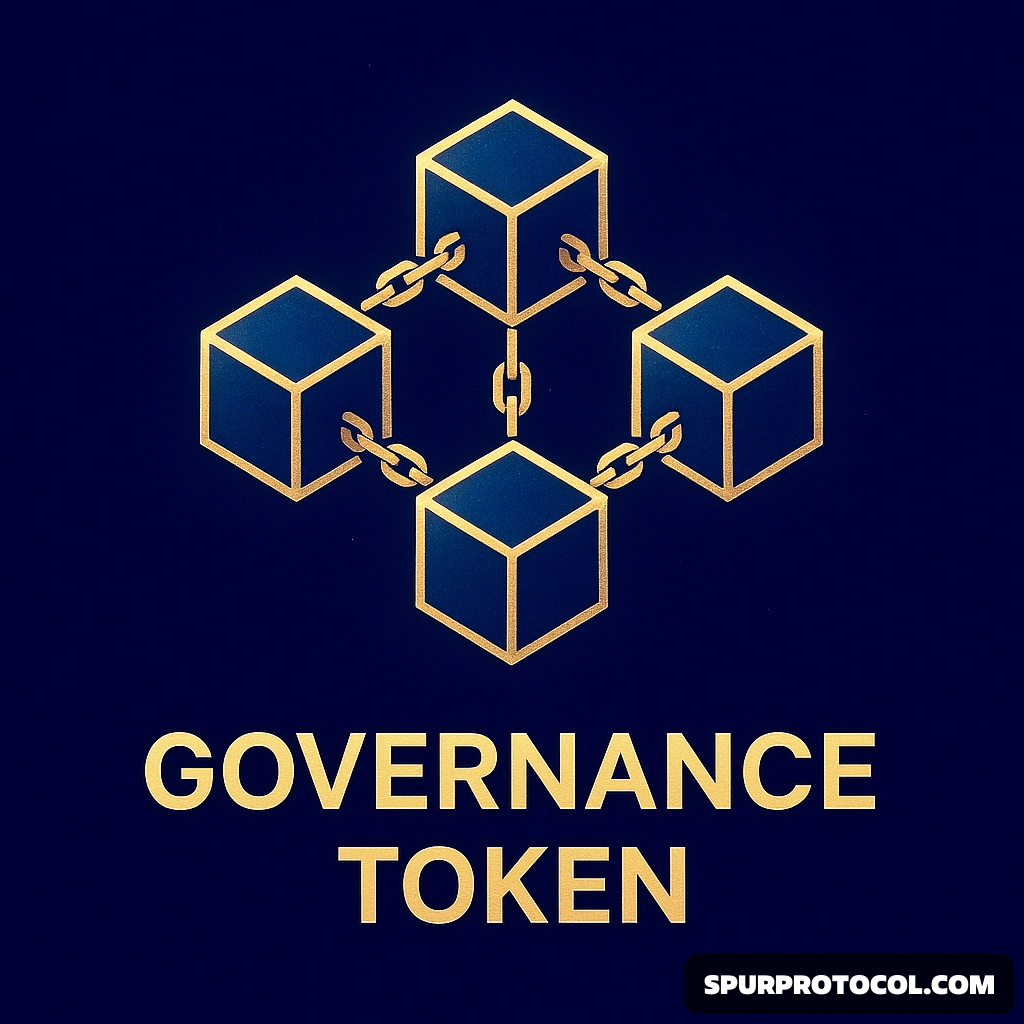Governance Tokens In Cryptocurrency
In the world of cryptocurrency, governance tokens play a crucial role in decentralization, allowing users to participate in decision-making for blockchain projects and decentralized applications (dApps). But what exactly are governance tokens, and how do they work?
Go Back

🕒 2:27 PM
📅 Mar 31, 2025
✍️ By BillionaireHighPriest
Governance tokens are cryptocurrencies that grant holders the right to vote on decisions related to a blockchain project or decentralized organization. Instead of a central authority making all the choices, governance tokens distribute power to the community, ensuring that stakeholders can influence the project’s development and policies.How Governance Tokens Work
1. Proposal Submission
Token holders can propose changes to the blockchain or dApp, such as upgrades, new features, or adjustments to system parameters.
2. Voting Process
Holders vote on proposals, and their voting power is often based on the number of tokens they own. More tokens usually mean more influence over decisions.
3. Implementation
If a proposal receives enough votes, it is executed either automatically through smart contracts or by the project’s development team.
Benefits of Governance Tokens
1. Decentralization
Governance tokens remove the need for a central authority, allowing the community to make key decisions collectively.
2. Transparency
All voting activities and proposals are recorded on the blockchain, ensuring that decisions are open and accountable.
3. Incentivization
Some projects reward users for participating in governance by offering incentives like additional tokens or benefits.
4. Adaptability
Blockchain projects can evolve based on the needs and preferences of their users, making them more sustainable over time.
Popular Governance Tokens & Their Use Cases
1. Uniswap (UNI)
Used for voting on changes related to the Uniswap decentralized exchange.
2. Maker (MKR)
Allows holders to govern the MakerDAO ecosystem, including decisions related to the DAI stablecoin.
3. Compound (COMP)
Enables governance of the Compound protocol, which focuses on decentralized lending and borrowing.
4. Aave (AAVE)
Used to vote on risk parameters, protocol upgrades, and other key decisions for the Aave lending platform.
Challenges of Governance Tokens
1. Whale Domination
Large token holders can control decisions, making governance less democratic.
2. Low Voter Participation
Many token holders do not actively participate in governance, leading to decisions being made by a small group. Imagine 20% of an organisation making voting on changes to the organisation.
3. Complexity
Some governance proposals can be technical and difficult for average users to understand, discouraging participation.
Future of Governance Tokens
● Improved user-friendly voting systems to encourage broader participation.
● Greater education and awareness to help token holders make informed decisions.
● Hybrid governance models combining decentralized and centralized decision-making for efficiency.
Governance tokens empower users to shape the future of blockchain projects. They promote decentralization, transparency, and incentives but also face challenges such as low participation and potential centralization of power. As blockchain technology continues to evolve, governance tokens will play a crucial role in ensuring that decentralized projects remain adaptable and community-driven.
Just like a shareholder in a company, governance tokens give you a right to have a say in the growth and development of the organisation.
